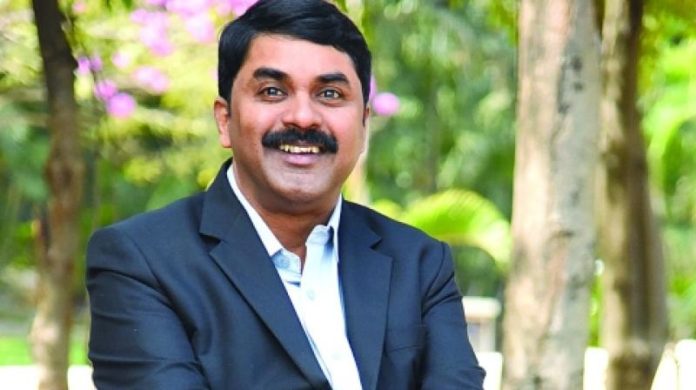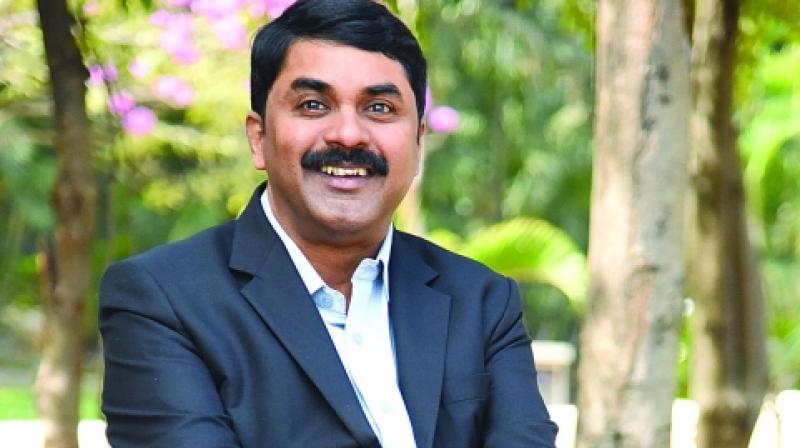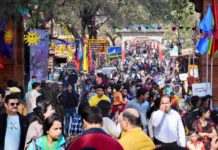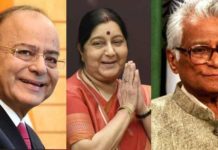The Daily Briefs are a comprehensive update of current affairs for the day. If you’d like to receive updates for current affairs every day, you’ll need to subscribe by entering your email address at the right side of this page. The previous Briefs can be accessed at the archives here.
- India is likely to achieve 100 per cent household electrification before 2019 Republic Day. India has already provided electricity access to 2.39 crore ut of the targeted 2.49 crore households under the Pradhan Mantri Sahaj Bijli Har Ghar Yojana, Saubhagya scheme. India has achieved the hundred per cent electrification of the households in 25 states by December 2018. About 10.48 lakh households are left to be electrified in 4 states of Assam, Rajasthan, Meghalaya and Chhattisgarh.
- The Panel headed by IIT-Hyderabad chairman B V R Mohan Reddy has suggested All India Council for Technical Education (AICTE) not to allow setting up of new Engineering colleges from 2020. As per the reports, there were no takers for 51 per cent of the 15.5 lakh B.E/B.Tech seats in 3,291 engineering colleges in 2016-17.
- The bi-annual Fiscal Stability Report discussing issues relating to the development and regulation of the financial sector has been released by the RBI. The Fiscal Stability Report reflects the collective assessment of the Sub-Committee of the Financial Stability and Development Council (FSDC) on risks to the financial stability of the country, as also the resilience of the financial system. The report suggests that the worst case scenario is over for PSBs especially the ones who are not included in PCA framework.
- India and Pakistan on 1 January, 2019 exchanged the list of nuclear installations and facilities covered under the Agreement on the Prohibition of Attack against Nuclear installations between them. Under the 1988 agreement, the two countries inform each other of nuclear installations and facilities on the first of January every year.
- India and Pakistan on 1 January, 2019 exchanged the lists of civilian prisoners and fishermen in their custody. India handed over lists of 249 Pakistan civilian prisoners and 98 fishermen in its custody. Pakistan has shared lists of 54 civilian prisoners and 483 fishermen in its custody, who are Indians or believed-to-be-Indians. The move is in keeping with the provisions of the 2008 Agreement under which such lists are exchanged on 1st January and 1st July, every year.
- 1 January, 2019 is observed as Defence Research and Development Organisation, DRDO day in India. The DRDO was established in 1958 with just 10 laboratories to enhance the research work in defence sector. DRDO Chairman Dr G Satheesh Reddy said that the country is self reliant in areas of missiles, radars, sonars and torpedoes and many other systems.
- The United States and Israel officially quit the United Nations Educational, Scientific and Cultural Organization (UNESCO) with the close of 2018. The countries had announced their decisions in 2017 of withdrawing from the agency, accusing it of bias against Israel. America has demanded fundamental reform in UNESCO, which was co-founded by it after World War II to foster peace. Israel joined the agency in 1949.
Check out the CLATGyan Test Series 2019 : 30 Simulated Online Tests + Personal Mentor | Run entirely by the students of NALSAR University of Law.
Today’s Quiz
















